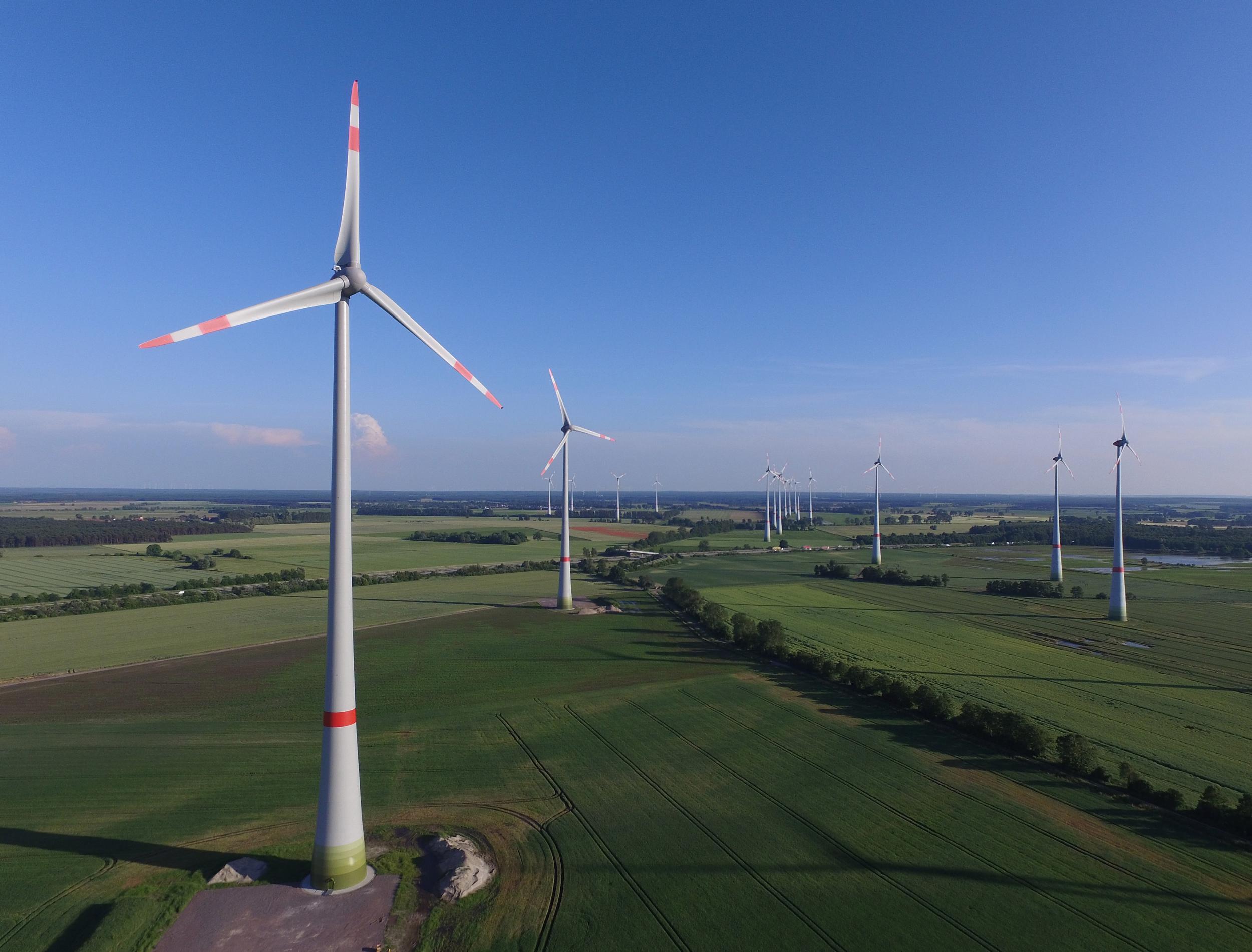UK subsidy ban for onshore wind farms could add £1bn to nation's energy bills
Generating power from new onshore wind farms would be £100m a year cheaper than doing so from new nuclear reactors or biomass plants

A subsidy ban for new onshore wind farms could add £1bn onto energy bills over five years by eschewing one of the cheapest forms of clean energy.
Generating power from new onshore wind farms would be £100m a year cheaper than doing so from new nuclear reactors or biomass plants, and at least £30m cheaper than under the latest offshore wind-power contracts, according to research by the Energy & Climate Intelligence Unit, a London-based non-profit group.
Savings would reach £1bn over five years if 1 gigawatt of capacity was installed in the first year and another 500 megawatts in following years, said ECIU, which urged Theresa May’s Conservative government to allow wind farms to compete for contracts in the next power auction, due to be held in 2019.
UK onshore wind may supply electricity for as little as £50 a megawatt hour according to research this year by Baringa Partners compared that estimate to an auction last month which saw Dong Energy A/S win a contract to supply power from offshore wind farms at 57.50 pounds a megawatt hour, as well as to a £92.50 contract awarded to EDF to supply power from the Hinkley Point nuclear power plant in Somerset.
The cost of onshore wind may have fallen even further since the Baringa analysis was published in April, Richard Black, ECIU’s director, said in an email. “Both the offshore auctions and the latest prices elsewhere in Europe suggest prices would be below the Baringa figure,” he said.
“We do not believe that more large-scale onshore wind power is right for England,” a spokesman for the Department of Business, Energy & Industrial Strategy said in an email. “We’re committed to supporting the development of onshore wind projects in the remote islands of Scotland and will set out further details shortly.”
Bloomberg
Subscribe to Independent Premium to bookmark this article
Want to bookmark your favourite articles and stories to read or reference later? Start your Independent Premium subscription today.

Join our commenting forum
Join thought-provoking conversations, follow other Independent readers and see their replies